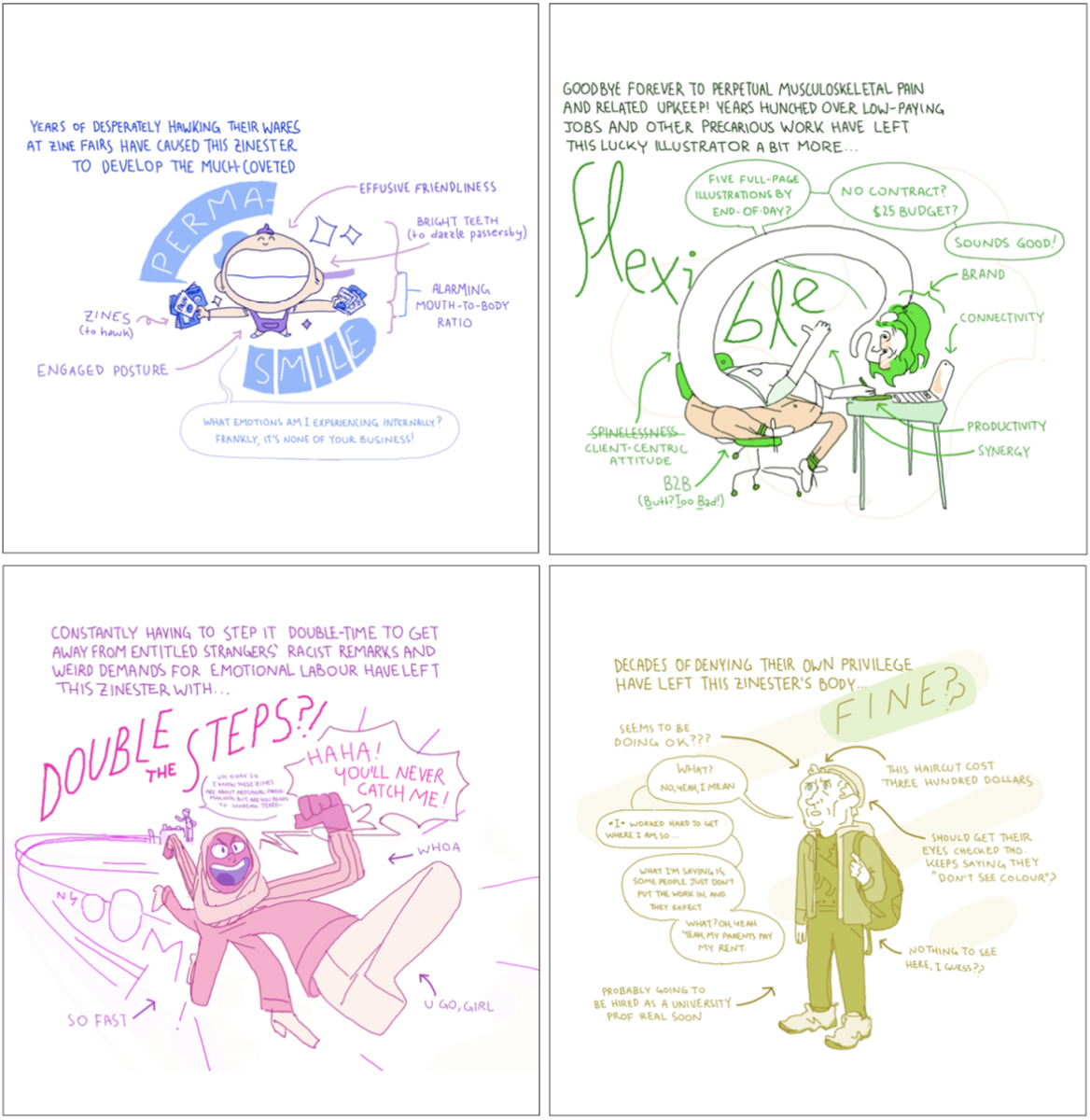‘Blind Poems’ might be a stepping stone for you to get out and take a break
Blind Poems
Chapbook, Hei Lam Ng, 40 pgs, heilamng.com, $15
I first encountered magnetic poetry a decade ago on some fridge or another. I remember thinking it was a novel concept: poems could be




